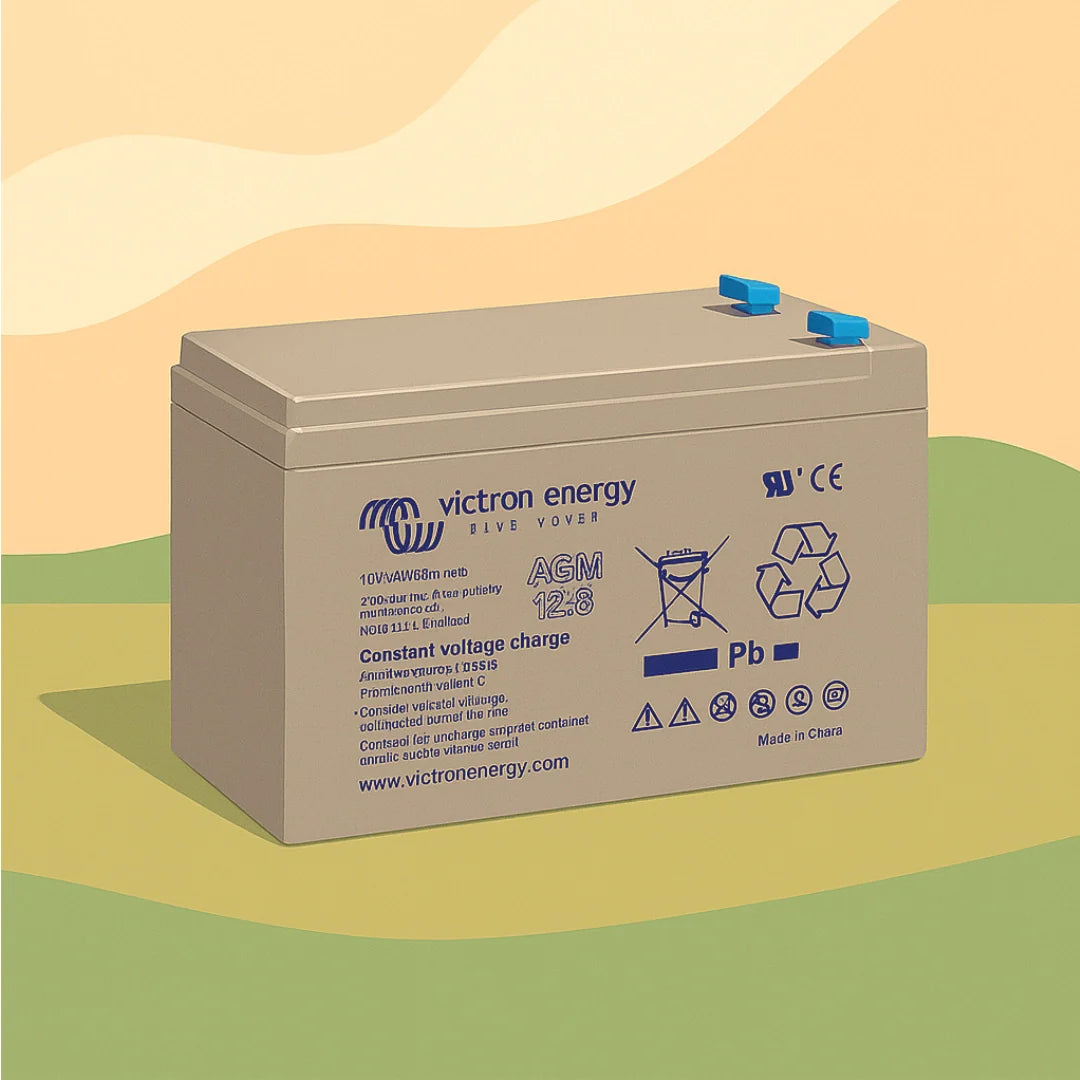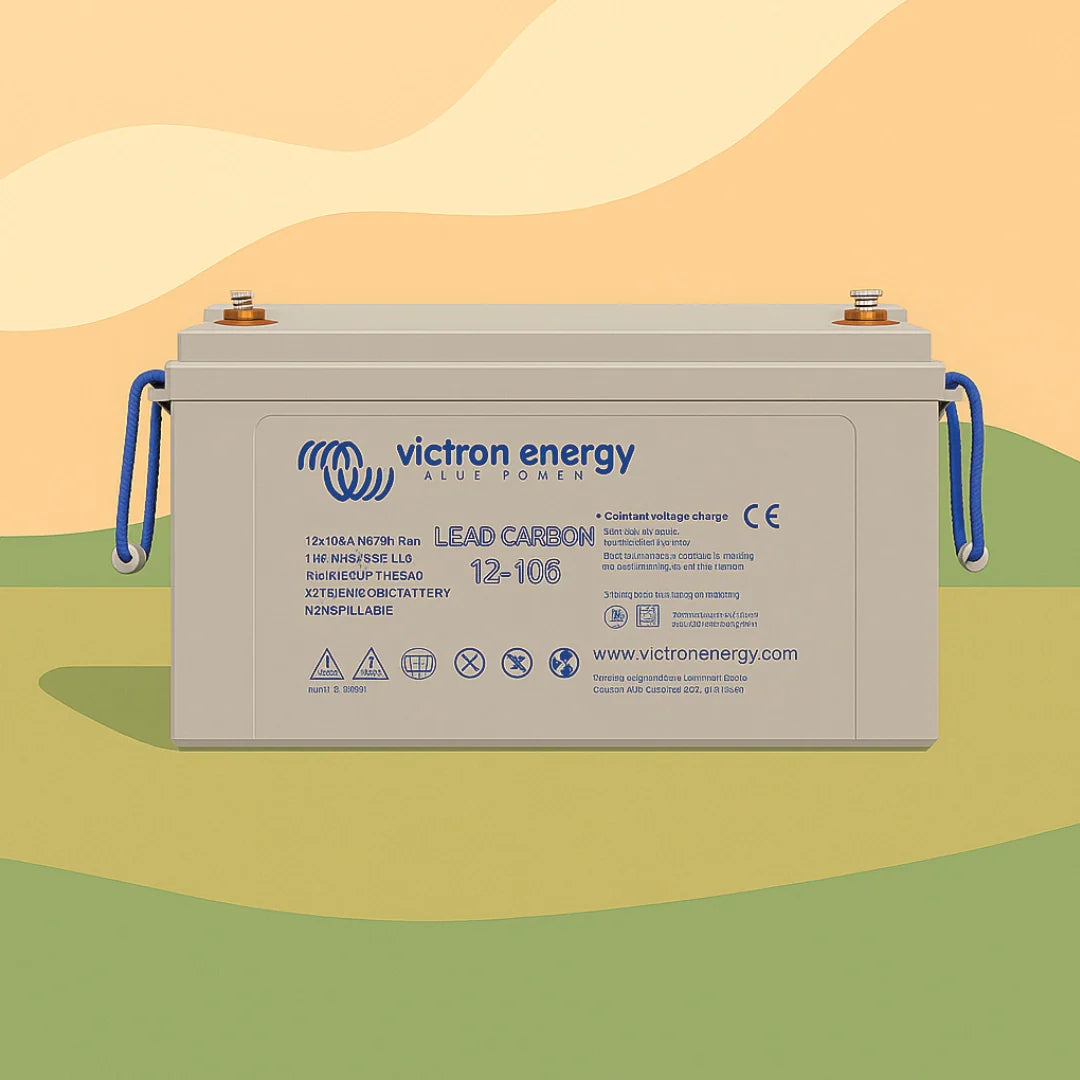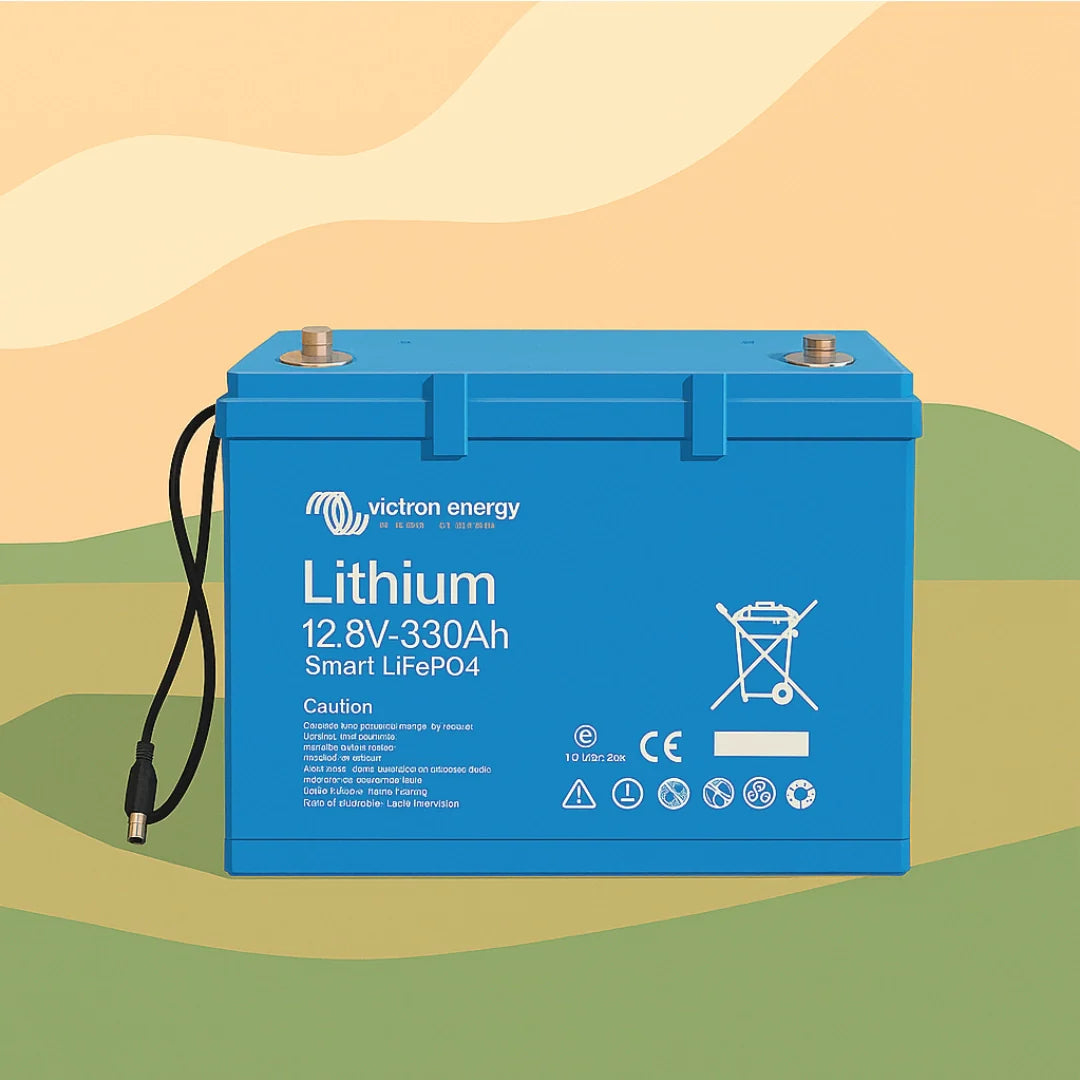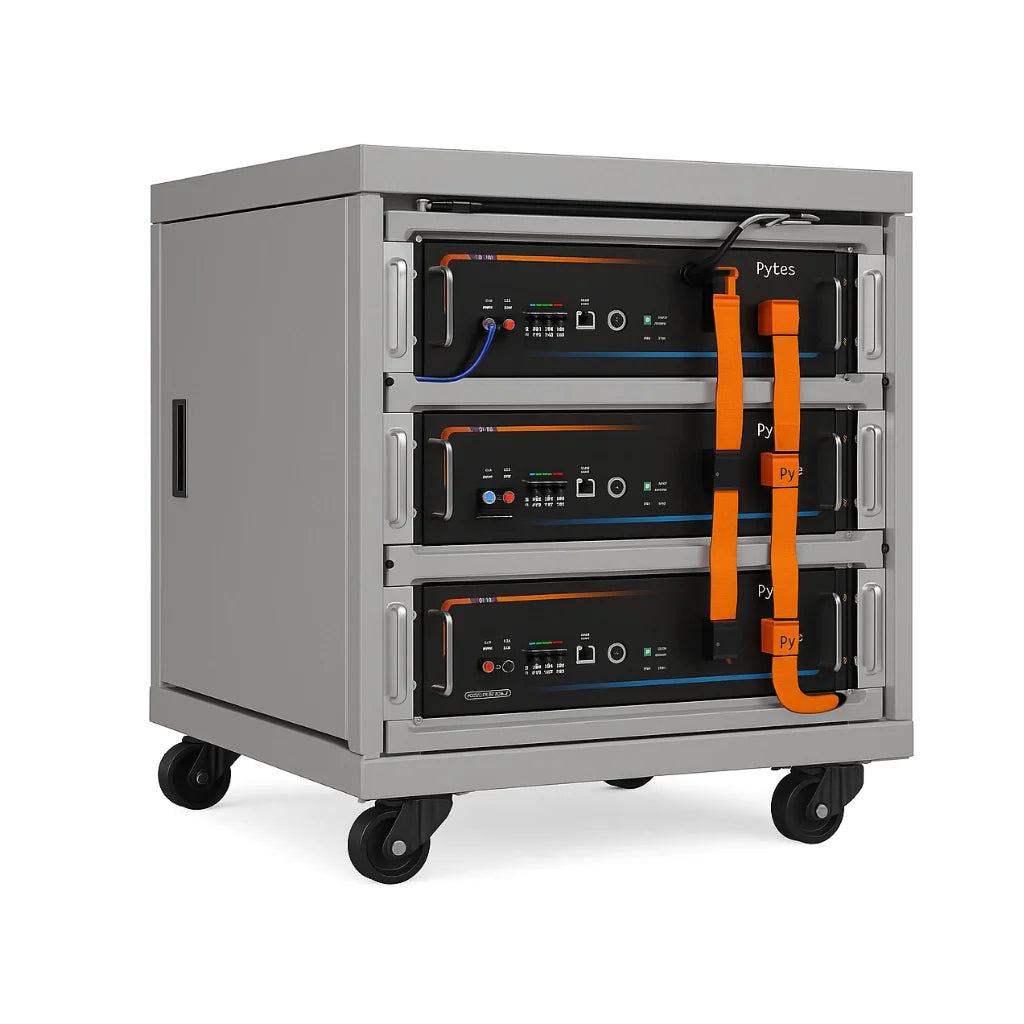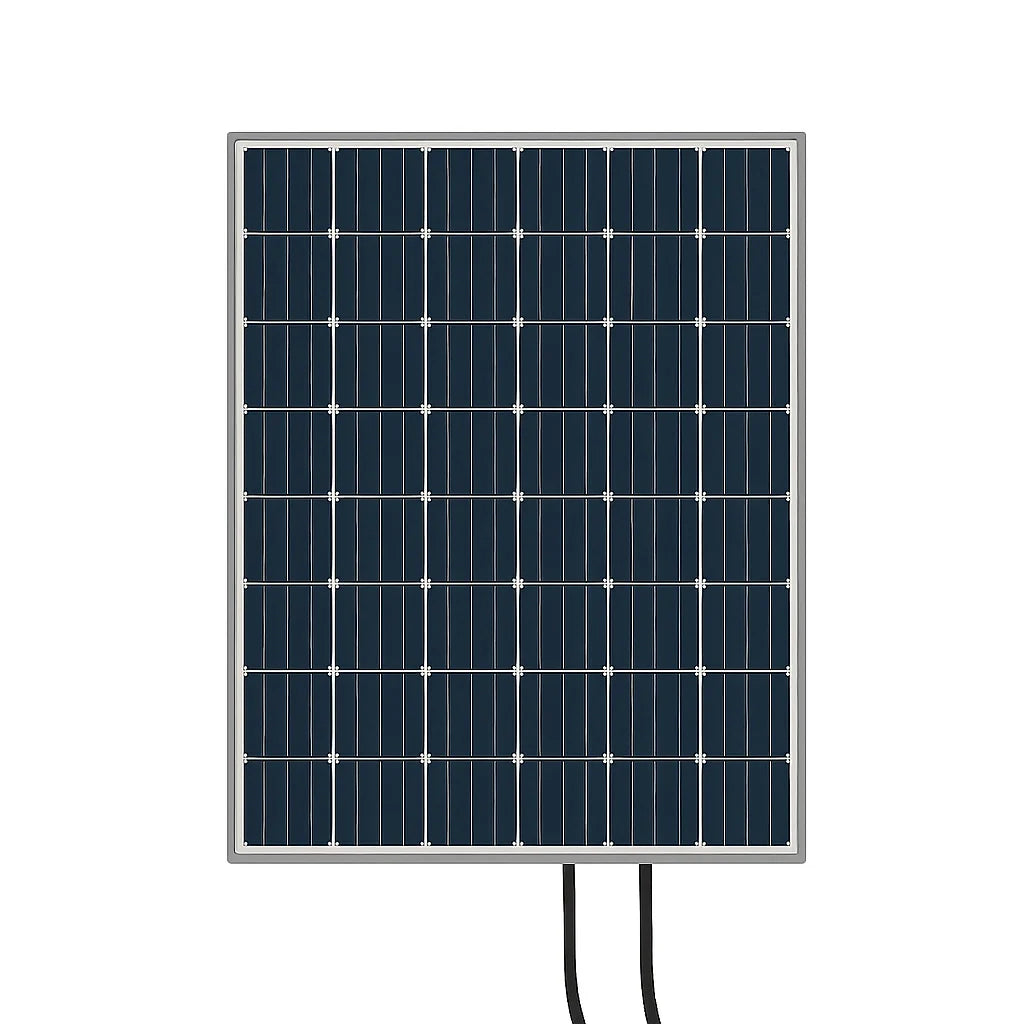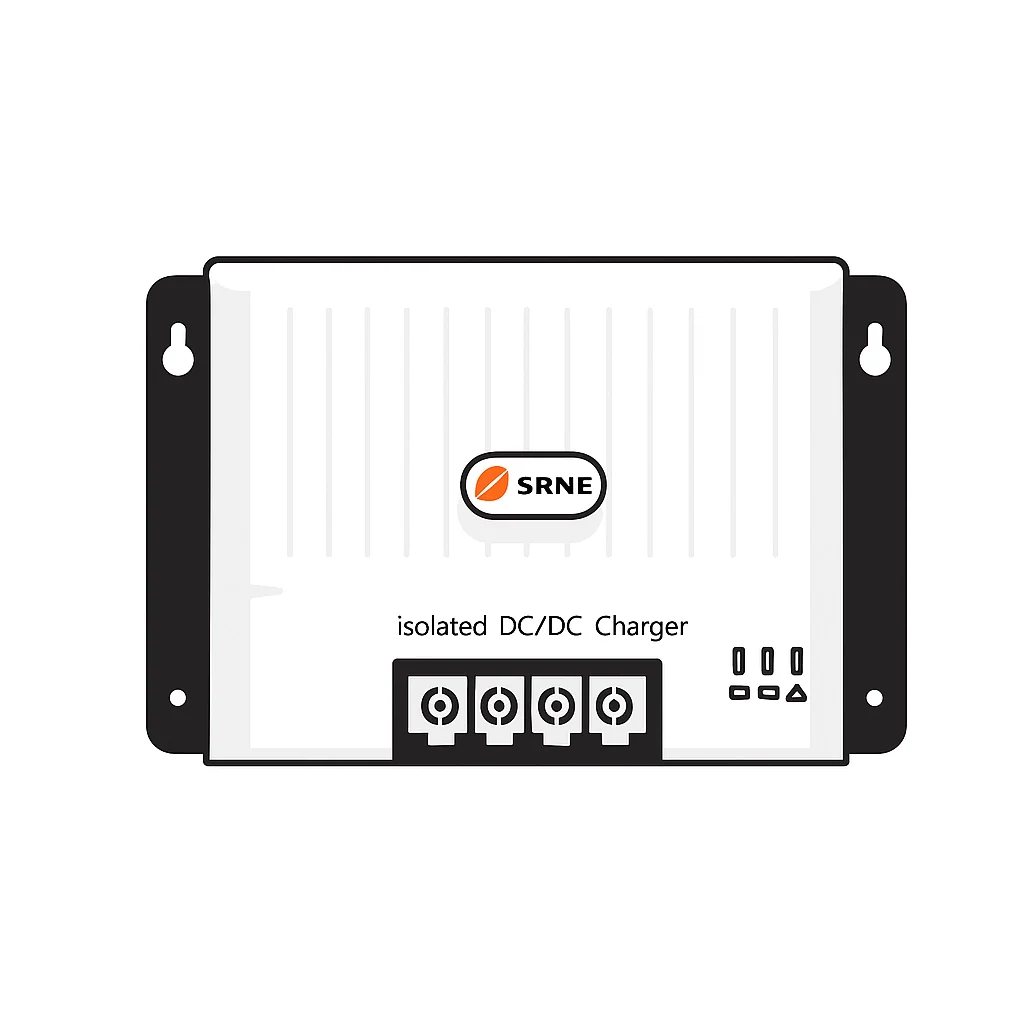
The Advantages and Disadvantages of Van Life
Van life has exploded in popularity over the last few years, fuelled by social media, remote working and a desire for more freedom and flexibility. From weekend adventures to full-time living, more people than ever are turning vans into rolling homes.
But while the lifestyle has plenty of perks, it also comes with challenges that Instagram doesn’t always show. In this article, we’ll explore the advantages and disadvantages of van life so you can decide if it’s right for you.
What Is Van Life?
“Van life” generally means living, travelling and spending extended periods of time in a converted van, campervan or motorhome. For some, it’s a full-time way of life; for others it’s about long weekends, school holidays and extended road trips.
Most van life setups include:
- A sleeping area (fixed bed or convertible seating)
- Basic kitchen (hob, fridge, water storage)
- Electric system (battery, lights, USB sockets, often solar)
- Storage for clothes, food and outdoor gear
How simple or high-spec the build is depends on budget, skills and how you plan to use the van.
The Advantages of Van Life
1. Freedom & Flexibility
One of the biggest advantages of van life is the freedom it offers. You can change your plans based on the weather, your mood or a recommendation from someone you meet on the road.
- Choose your own pace – slow travel or big miles.
- Stay longer in places you love, move on from those you don’t.
- Combine work, travel and hobbies in a way that suits you.
2. Connection with Nature
Van life often brings you closer to nature. Whether it’s waking up by the coast, in a forest lay-by, or on a quiet moorland car park, you spend more time outdoors than in a traditional home.
- More sunrises, sunsets and starry nights.
- Easier access to hiking, cycling, climbing and water sports.
- A natural rhythm to your days based on light, weather and location.
3. Minimalism & Simplicity
Living in a van forces you to prioritise what really matters. You quickly realise how little “stuff” you actually need.
- Less clutter, fewer possessions.
- More intentional spending and lifestyle choices.
- Easier to keep things clean and organised in a small space.
4. Community & Social Connections
The van life community is surprisingly strong and supportive. From online groups to chance encounters in car parks, many people report making genuine connections on the road.
- Advice and inspiration from fellow van lifers.
- Meetups, festivals and informal gatherings.
- Shared experiences and tips on routes, park-ups and repairs.
5. Lower Living Costs (Sometimes)
For some people, van life can be cheaper than traditional housing – especially if they already own the van outright and travel carefully.
- Potentially lower rent or mortgage costs.
- Flexibility to chase cheaper locations or seasonal work.
- The option to wild camp or use cheaper sites (where legal and appropriate).
Note: whether van life saves money depends heavily on how often you move, where you park, fuel prices, maintenance costs and how you’ve financed the van build.
6. Personal Growth & Skills
Van life often pushes you outside your comfort zone. You’ll likely learn new skills in:
- DIY and basic vehicle maintenance.
- 12V electrics, water systems and heating.
- Planning, problem-solving and adapting to unexpected situations.
Many people say van life boosted their confidence, independence and resilience.
The Disadvantages of Van Life
1. Limited Space & Privacy
A van is a very small home. Even well-designed layouts can feel cramped after long periods – especially in bad weather when you can’t spend much time outside.
- Minimal personal space if travelling as a couple or family.
- Little privacy for calls, work or downtime.
- Tricky to host guests or have friends stay over.
2. Constant Logistics
Behind every dreamy van life photo is a lot of planning. You constantly need to think about:
- Where to park overnight (legally and safely).
- Where to fill water and empty waste.
- Where to do laundry, shower and buy groceries.
- Managing battery levels, fuel and maintenance.
For some, this ongoing mental load can become tiring over time.
3. Weather Dependency
Bad weather can turn van life from a dream to a challenge quickly:
- Days of rain can leave you stuck inside a tiny space.
- Cold snaps stretch heating, insulation and power systems.
- Very hot days make sleeping and living in a metal box uncomfortable.
Good insulation, ventilation and a reliable power/heat system make a big difference, but can’t change the climate.
4. Stability, Routine & Admin
Some people find the lack of a fixed base unsettling after a while. Van life can complicate things like:
- Receiving mail and parcels.
- Registering with a GP or dentist.
- Maintaining work routines and consistent Wi-Fi.
- Managing official documents and banking if you’re on the move constantly.
5. Mechanical & Maintenance Issues
Your home is also a vehicle. That means:
- Unexpected breakdowns can disrupt your plans (and home) at the same time.
- Maintenance costs may be higher than expected, especially for older vans.
- Regular servicing, MOTs and repairs are essential for safety.
Having a buffer in the budget for repairs is almost non-negotiable.
6. Safety & Security Concerns
While many people feel safe in their vans, there are real considerations:
- Choosing safe places to park overnight.
- Keeping valuables secure and out of sight.
- Balancing privacy (blinds, curtains) with awareness of surroundings.
Good habits – like not posting live locations publicly and trusting your instincts – go a long way.
Is Van Life Right for You?
Van life isn’t automatically “better” than a traditional home – it’s just different. It suits some personalities and life stages more than others.
You might love van life if:
- You value freedom and experiences more than space and possessions.
- You’re comfortable with a bit of uncertainty and problem-solving.
- You enjoy DIY, learning new skills and being hands-on with your home and vehicle.
- You’re happy living more simply and adapting to conditions.
You might prefer a more traditional setup if:
- You strongly value stability, routine and space.
- You dislike dealing with logistics, planning and constant decisions.
- You need reliable, office-like working conditions every day.
- You’d rather travel occasionally from a fixed base than live on the road.
Tips for Trying Van Life
If you’re curious but unsure, you don’t have to commit to a full-time lifestyle straight away. You can:
- Hire a campervan for a week or two and treat it as a test run.
- Start with weekend trips in a simple setup before investing heavily.
- Talk to people already living van life and ask about their “less Instagrammable” days.
- Plan your electrical, heating and water systems carefully – comfort matters more than you think.
Final Thoughts
Van life can be an incredible way to see more of the world (or country), simplify your life and build unforgettable memories. It can also be cramped, challenging and occasionally stressful.
The key is to approach it realistically: celebrate the advantages, prepare for the disadvantages, and design a setup that truly supports how you want to live – not just how it looks in photos.
If you decide to take the plunge, thoughtful planning – especially around power, heating and comfort – will make all the difference between a short-lived experiment and a lifestyle you genuinely love.
Prev post

SRNE RIC12-3kW Pure Sine Wave Inverter / Charger – Smart AC Power for Campervans and Off-Grid Systems
Updated on 16 November 2025
Next post

The UK Campervan & Motorhome Industry: Trends, Statistics from the Last Three Years
Updated on 16 November 2025





